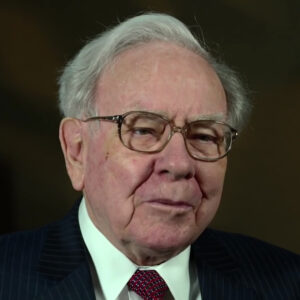In a recent move that has stirred discussions in corporate governance circles, Tesla Inc. has amended its policies to restrict shareholders owning less than 3% of the company’s shares from initiating lawsuits against its directors or officers on behalf of the company. This decision, disclosed in a filing with the U.S. Securities and Exchange Commission on May 16, 2025, effectively raises the threshold for derivative lawsuits, which are legal actions brought by shareholders on behalf of a corporation against its executives or board members.
Understanding the Policy Change
Tesla’s new policy stipulates that only shareholders with a minimum of 3% ownership—approximately 97 million shares, valued at around $34 billion based on recent stock prices—can file derivative lawsuits. This significant increase from previous thresholds is poised to limit the ability of smaller investors to hold company leadership accountable through legal means.
Implications for Shareholder Rights
The restriction has raised concerns among investor advocacy groups and corporate governance experts. They argue that such a high ownership requirement could deter legitimate claims and weaken the checks and balances that derivative lawsuits provide. Critics contend that this move may set a precedent for other corporations to implement similar policies, potentially eroding shareholder rights across the board.
Tesla’s Rationale
While Tesla has not publicly detailed the reasoning behind this policy change, companies often argue that limiting derivative lawsuits helps prevent frivolous litigation that can be costly and distracting. By setting a higher threshold, Tesla may aim to ensure that only shareholders with substantial investments and, presumably, aligned interests with the company’s long-term success can initiate such legal actions.
Broader Corporate Governance Context
This development at Tesla comes amid ongoing debates about the balance between protecting companies from baseless lawsuits and preserving shareholders’ ability to hold management accountable. As corporations navigate this balance, policy changes like Tesla’s are likely to be closely scrutinized by investors, regulators, and governance watchdogs.
Looking Ahead
The impact of Tesla’s policy change on shareholder activism and corporate accountability will unfold over time. Investors and legal experts will be monitoring whether this move discourages legitimate claims and how it influences governance practices in other companies. The broader implications for shareholder rights and corporate oversight remain to be seen as the corporate landscape continues to evolve.







